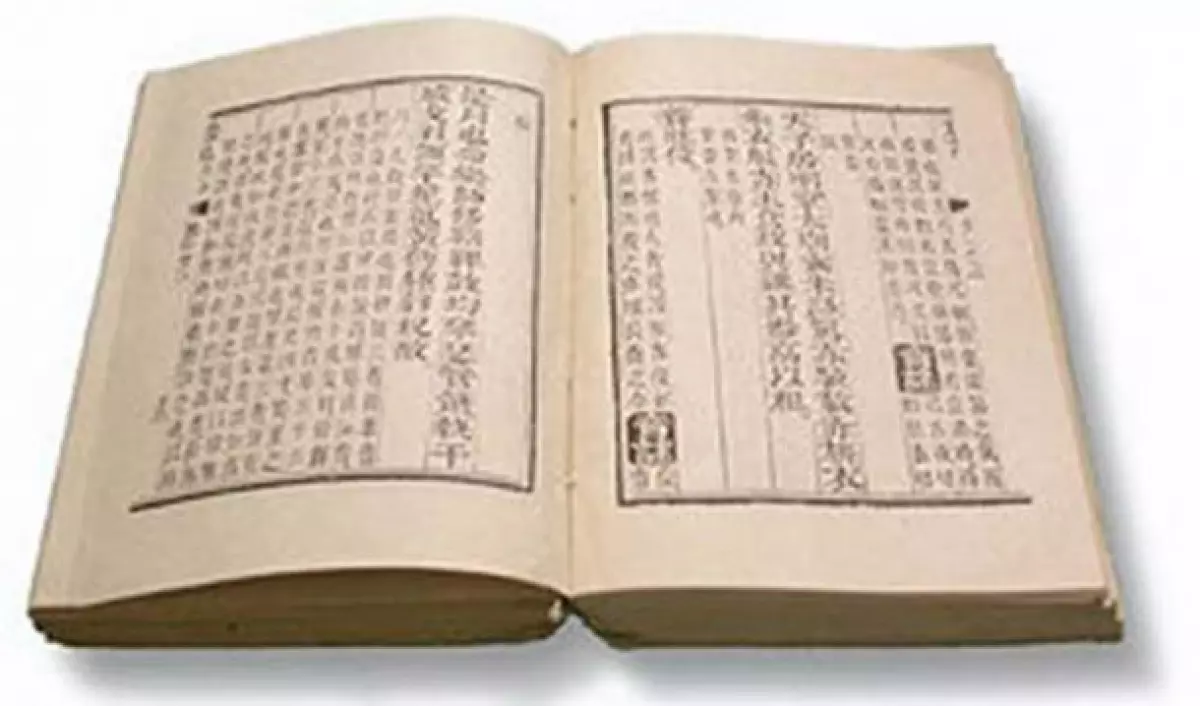Have you ever wondered about an ancient Chinese text that provides practical wisdom for every situation and even predicts your future? Look no further than the I Ching, also known as the 'Book of Changes' or the 'Classic of Changes.' This philosophical masterpiece is not only the oldest of the Five Classics of Confucianism but also one of the most important books in world literature. Let's explore the fascinating world of the I Ching and uncover its enduring influence in our lives today.
Who Penned the I Ching?
According to traditional Chinese beliefs, the mythical sage king Fu Xi authored the I Ching during the first half of the 3rd millennium BC. Legend has it that this enigmatic figure received supernatural revelations of the eight trigrams, later evolving into the 64 hexagrams that form the structure of the I Ching. However, modern scholarship suggests that the compilation of the I Ching occurred much later, around the end of the Western Zhou Dynasty in the late 9th century BC. This alternative view challenges the existence of Fu Xi and proposes that the text is a compilation of divinatory concepts prevalent during the Western Zhou period.

Image: A page from a Song Dynasty printed in the I Ching. (ReijiYamashina / Public Domain)
The Intricacies of the I Ching
Cryptic in nature, the I Ching has inspired numerous interpretations and commentaries over time. The most profound interpretation was believed to be written during the reign of King Wu of Zhou, the founder of the Zhou Dynasty in the 11th century BC. Duke Wen of Zhou, the king's brother, penned the Yao Ci ('Explanation of Horizontal Lines'), shedding light on the significance of each horizontal line within the hexagrams. The earliest set of commentaries, the Shi Yi ('Ten Wings'), was traditionally attributed to Confucius. However, modern scholars now doubt Confucius' involvement with the I Ching. Nevertheless, the Shi Yi's significance is evident as it became an integral part of the I Ching, which eventually merged into the Zhou I ('Changes of Zhou') and attained canonical status.
Unveiling the I Ching in Everyday Life
The I Ching's influence extends beyond divination, permeating the philosophical foundations of Chinese civilization. Its concepts have been embraced by Daoism and Confucianism, shaping their doctrines. Daoism draws directly from the I Ching with its teachings on the naturally changing world. Confucianism, on the other hand, considers the I Ching an essential text, and major commentaries have been written by adherents of this school of thought.
The impact of the I Ching goes beyond ancient times. In the late 17th century, Jesuit missionaries in China decoded the text, using it to argue for the universal truth of Christianity. One of their avid learners was Gottfried Wilhelm Leibniz, a German philosopher and mathematician. Inspired by the I Ching's binary structure, Leibniz developed the binary code. Although he did not witness the immediate utility of his creation, the binary code now underpins modern computer technology.

Image: I Ching disk. (Source: ft2010 / Adobe)
The I Ching transcends time and cultures, offering profound insights into the human experience. Its ancient wisdom remains accessible, guiding us towards balance and harmony in an ever-changing world. Whether you seek personal guidance or a glimpse into the future, the I Ching is an invaluable companion on your journey.
By Wu Mingren














